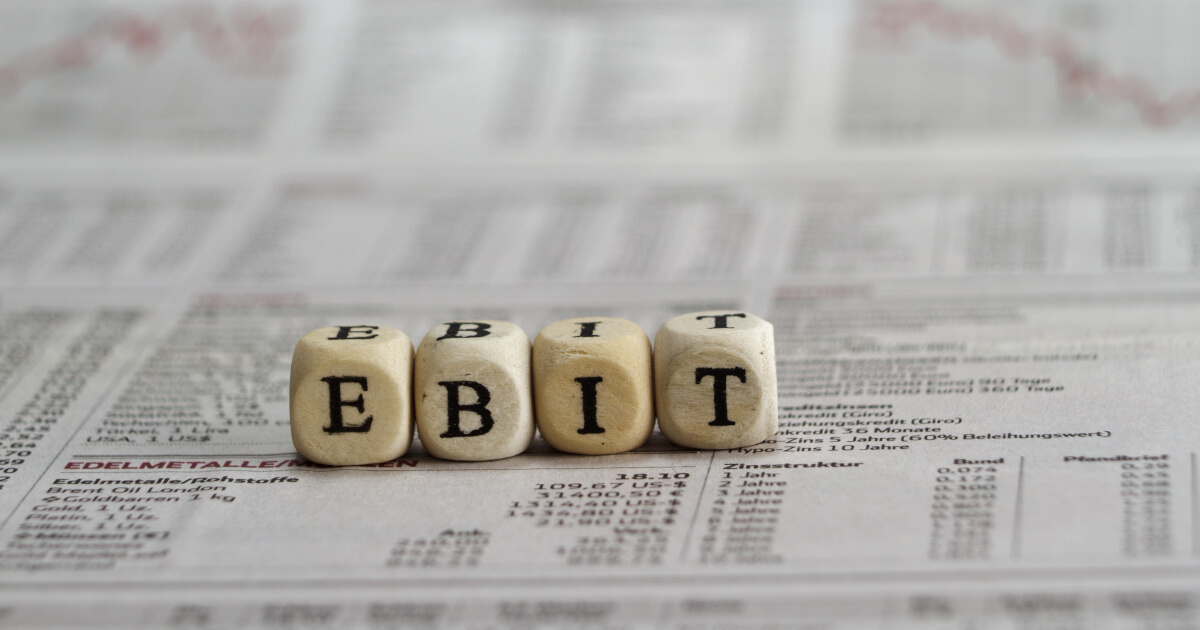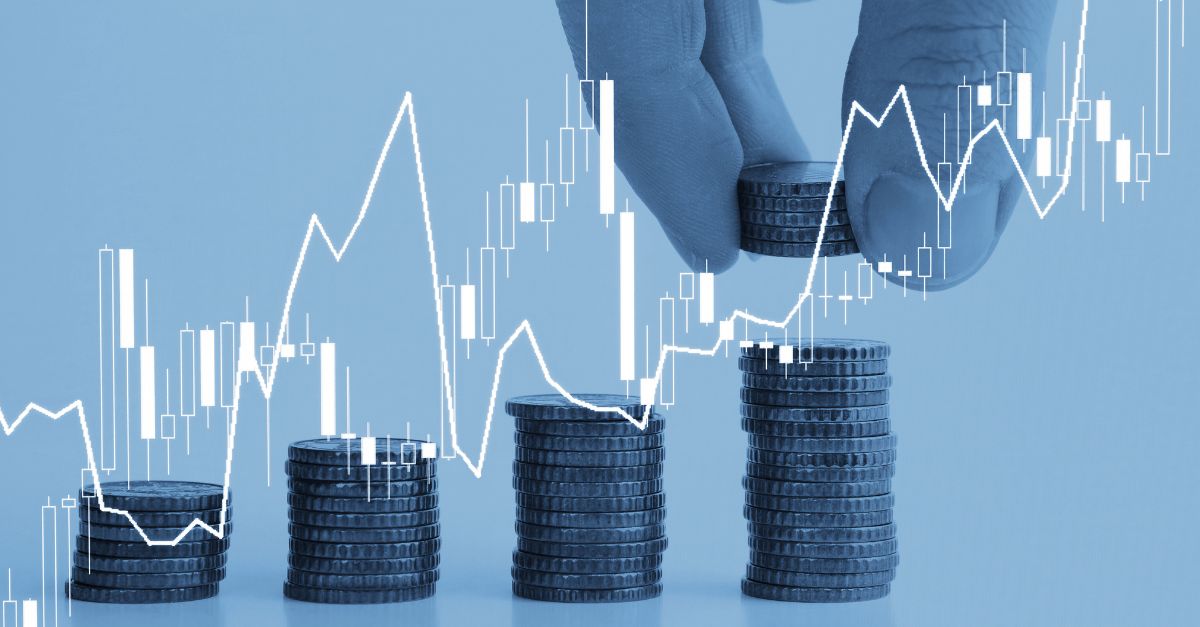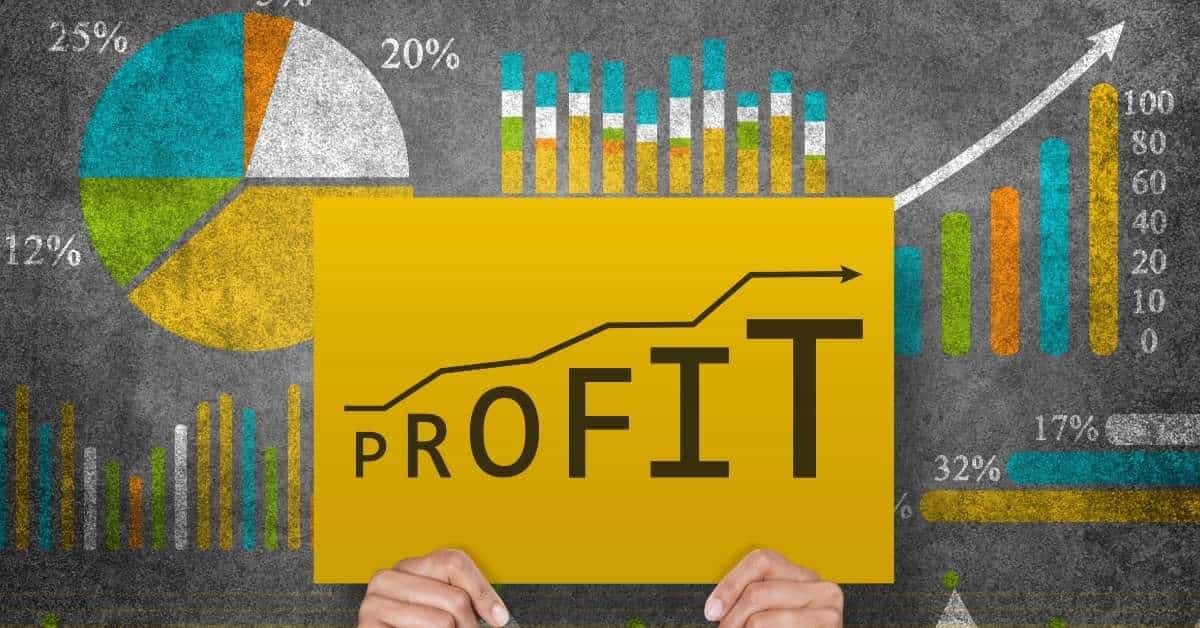Economic signs are monitored for indications the U.S. may be headed for a recession : NPR

NPR’s A Martinez speaks with David Wessel, director of the Hutchins Middle at the Brookings Establishment, about economic indicators and the probability of a recession in the U.S.
A MARTINEZ, HOST:
Inflation is at its maximum level in many years. Russia’s invasion of Ukraine is choking off foods and electricity supplies, and the stock marketplace is shedding benefit. Does all of this imply a economic downturn is inevitable? David Wessel heads the Hutchins Center at the Brookings Establishment. David, one definition of recession is two quarters in which the financial state, measured by the GNP, shrinks. So is it possible we are currently in a person?
DAVID WESSEL: Excellent morning, A. It is really attainable, certainly, but it is really not likely. The U.S. economic system, the GDP – the value of all the products and products and services we generate in the U.S. – did contract in the initial three months of this calendar year. And nevertheless we will not have the formal figures yet, some financial forecasters believe the GDP shrank in the second a few months of the calendar year as perfectly. But the official arbiters of recession, a committee of educational economists, isn’t going to use that definition. They determine a economic downturn as a substantial decline in economic activity that is unfold during the economic system. And they commonly pay out certain awareness to the occupation market. And what is actually fascinating now is the career sector proceeds to be very potent. The unemployment price, 3.6%, is the cheapest it is been in decades. The U.S. is adding 400,000 employment a month for the previous few months. And there are two vacant jobs posted for every person unemployed and wanting for perform. So that doesn’t come to feel like we’re in economic downturn now.
MARTINEZ: So we must be concentrating on the task industry then?
WESSEL: Very well, yes, that’s a person important area to glimpse. Claudia Sahm, an economist, finds that in excess of modern historical past, a economic downturn virtually usually follows when the 3-month relocating average of unemployment rises by half a percentage place. That has not occurred still. And also to enjoy is what comes about to the promises for new unemployment insurance plan, people today who are recently filing, for the reason that we get that info each individual week. But outside the house of the task market, I consider a person location to seem is what is occurring to shopper shelling out. Us residents have been investing a good deal, in element for the reason that so lots of of them have jobs, some of them are obtaining raises, and in aspect mainly because they saved a good deal of money for the duration of the pandemic. But that may possibly be commencing to wane. For instance, Target, that big retailer, not too long ago warned that profits are likely to drop because it needs to terminate orders and provide special discounts ’cause it has so several unsold items on its shelves, a sign that possibly purchaser demand is waning.
MARTINEZ: But, David, I often listen to that, you know, if you have obtained inflation, that signifies economic downturn is coming. So what is actually the connection?
WESSEL: Nicely, what – why do we have inflation? Very well, the significant rationale we have inflation is that desire in the economic climate is rising speedier than the economy’s ability to source goods and providers and employees. And the Federal Reserve is elevating desire charges now to make borrowing additional costly to discourage shelling out. It wants to gradual desire. Jay Powell, the Fed chair, states he doesn’t want a economic downturn, but he’s manufactured obvious that he is eager to acquire just one if that is what is necessary to convey inflation again down toward his 2% focus on. So here’s the detail. The quicker inflation comes down, for whatsoever reason – oil charges falling or supply chains resolving or whatever – the sooner the Fed will halt increasing desire rates. So one particular issue to watch is the rate of value will increase. If inflation will come down considerably in the up coming a number of months, then the Fed could take it easy, choose a crack from raising fascination costs, and that will cut down the risk that we are going to have a economic downturn in 2023 or 2024.
MARTINEZ: An additional thing, even though – to what extent does what transpires outside the house of the U.S. determine no matter whether we are in a recession?
WESSEL: Very well, fairly a little bit. We nevertheless eat most of what we make in the U.S., and we however make most of what we consume. But we do export a ton. So demand from overseas issues, and demand from customers for Europe in unique is weakening sharply, partly simply because of increasing electrical power expenses there. And, of course, People in america have less income to commit on other issues due to the fact the cost of oil and food has absent up so much a short while ago simply because of the Russian invasion of Ukraine. And then there is what is heading on in China. China’s an ever-even larger element of the world overall economy, so the COVID lockdowns there – shuttered factories, consumers who do not go purchasing and buy iPhones or whatever – is impacting the U.S. economic system. So if the U.S. overall economy starts to weaken for the reason that the Fed is elevating fascination rates and consumers are paying a lot less, then foreign – falloff in overseas demand from customers can make that even even worse.
MARTINEZ: That’s David Wessel at the Brookings Establishment. David, many thanks for the details.
WESSEL: You might be welcome.
Copyright © 2022 NPR. All legal rights reserved. Stop by our web page terms of use and permissions webpages at www.npr.org for additional data.
NPR transcripts are created on a rush deadline by an NPR contractor. This text might not be in its last variety and could be current or revised in the foreseeable future. Precision and availability may range. The authoritative record of NPR’s programming is the audio history.







